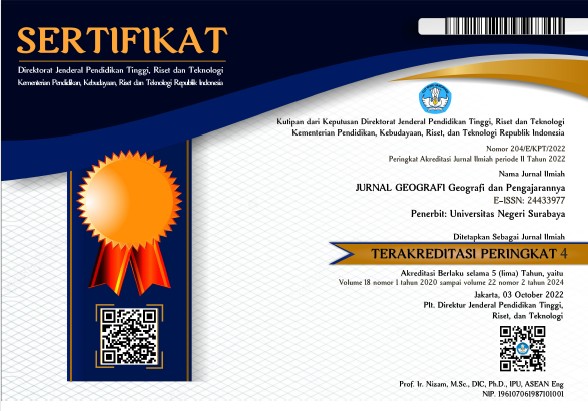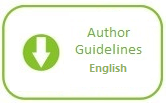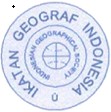
Editorial Policies
Home Focus and Scope Publication Ethics Editorial Team Reviewer Team Peer Review Process Open Accces Statement Copyright and Licence Anti Plagiarism Archive Policy Indexing Current Volume Archives Contact
For Authors
Author Guidelines Article Submission Authenticity Statement Author Fees
Download















